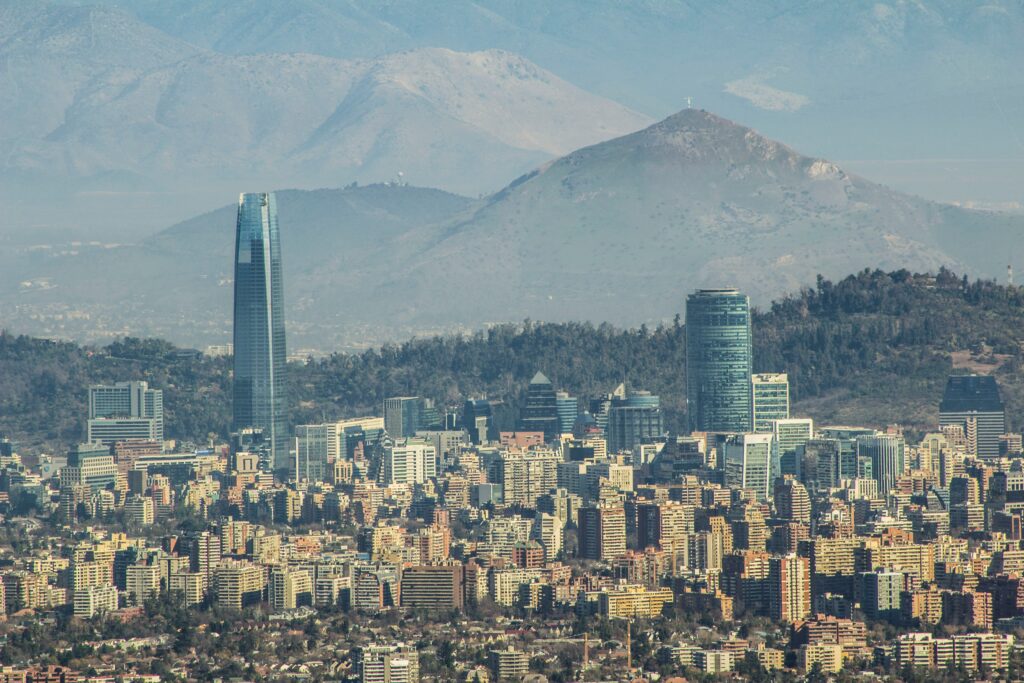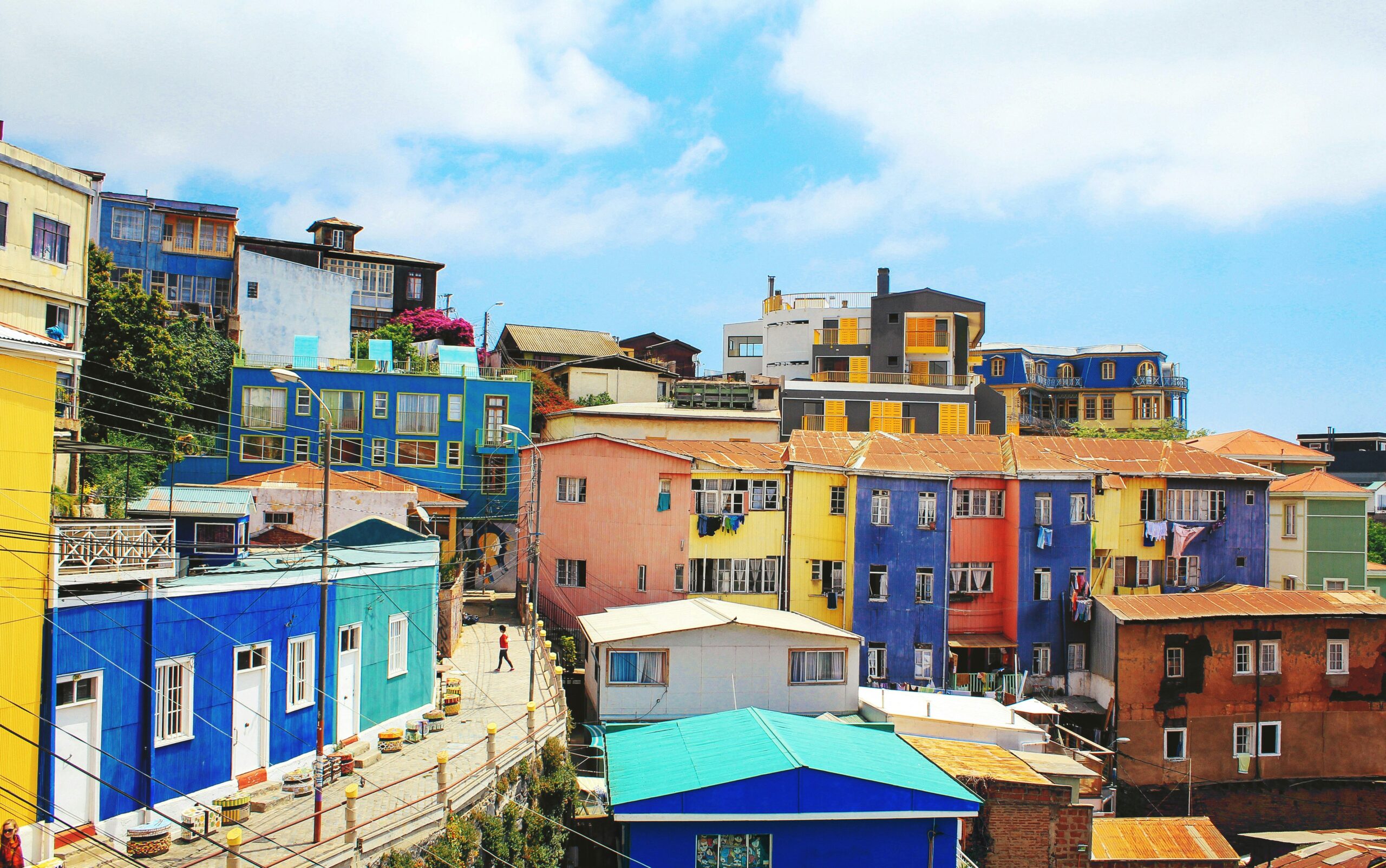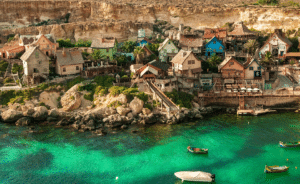Chile is emerging as a top destination for those seeking a new home, offering numerous advantages over its neighboring countries. From picturesque cities and advanced technologies to fast internet and excellent urban infrastructure, Chile stands out.
Why Chile Stands Out
It boasts the highest Human Development Index in South America and a remarkably low corruption rate, ranking 27th globally. Moreover, Chile offers reliable transportation systems, including buses, subways, taxis, and car-sharing services like Uber and Cabify.

Business opportunities
In terms of business opportunities, Chile ranks 21st in the Index of Economic Freedom, making it a leading country in Latin America for starting a business. Despite a rise in crime rates under President Boric, Chile’s crime and homicide rates remain relatively low. Additionally, the country offers a rich cultural scene and fine cuisine, with Chilean wineries producing some of the world’s best wines at affordable prices. No wonder Santiago, the capital, was named the second-best city to live in Latin America by the Economist Intelligence Unit in 2023. With welcoming legislation for foreigners and a friendly population, Chile is an attractive alternative for those seeking more freedom and a better quality of life.
Benefits of the Chilean Tax System
Chile’s tax system offers significant benefits, especially for new residents. In Chile, you are considered a tax resident if you spend six continuous months or a total of six months over two years in the country. This status determines your tax obligations. Newcomers benefit from territorial taxation for the first three years, meaning only income earned within Chile is taxed. Foreign income, including capital gains, dividends, and rental income, remains tax-free during this period. This exemption can be extended for another three years, allowing up to six years without taxing foreign income.
Post this period, global taxation applies, taxing worldwide income. The progressive tax system in Chile includes:
- Income Tax: Ranges from 0% to 40%, depending on global income.
- Capital Gains Tax: Dividends and capital gains follow the progressive income tax scale, with exceptions based on holding period and relation degree.
- Corporate Tax: 25% for SMEs and 27% for larger firms.
- Inheritance and Gift Tax: Varies from 1% to 25%, based on inheritance value and relation degree.
- Value-Added Tax: 19%.
Social security contributions, typically 20% of monthly income, are also required, with exemptions available for foreigners enrolled in foreign social security programs. Progressive tax rates are based on annual tax units (ATU), with the value in Chilean Pesos updated monthly.

Obtaining a Residence Permit in Chile
Unlike some countries, Chile requires a substantial stay before recognizing you as a resident. This is ideal for young families planning to settle long-term. The first step is to apply for a temporary residence visa, which allows a stay longer than the usual 90 days granted to tourists. This visa is a precursor to permanent residence and citizenship, issued by the National Migration Service (SERMIG) for up to two years. During these two years, a minimum stay of 183 days is required. Post this period, there’s no minimum stay under permanent residency.
Options for obtaining a visa include:
- Retiree Visa: Requires proof of stable income, ideally over $1,500 per month, plus extra for dependents.
- Work Contract Visa: Requires securing a job before application.
- Investor Visa: Suitable for entrepreneurs with at least $60,000 and a solid business plan.
Applications can be made online or at a Chilean embassy, with a need to be in Chile for visa activation. Costs are approximately $1,999 for the main applicant and $1,299 for each additional person. After the initial period, you can apply for a permanent visa, provided you intend to live there long-term. Staying out of Chile for more than two years can result in losing residency, though extensions for up to four years abroad can be requested.

The Chilean Passport: A Valuable Asset
Achieving Chilean citizenship requires five years of permanent residency, starting from the date of your first temporary residence visa. The Chilean passport is highly esteemed, ranking among the top 14 globally, surpassing countries like Paraguay, Uruguay, Colombia, Mexico, and Costa Rica. It is the only Latin American passport offering visa-free access to the USA with ESTA. With a Chilean passport, you enjoy visa-free entry to over 170 countries and free movement within the Mercosur region.
Is Moving to Chile Worth It?
Chile is one of South America’s most developed countries, reflected in its cost of living. Here are some key figures:
- Minimum Wage: Approximately 460,000 Chilean Pesos ($496.80 USD).
- Monthly Living Costs: Around €1,220 for an individual and €2,533 for a family of four.
- Rent: A furnished 85 square meter apartment costs about €597, plus €71 for utilities.
- Public Transport: A monthly ticket costs about €40.
- Dining Out: A meal with a drink costs around €15.
The currency is the Chilean Peso (CLP), with a current exchange rate of 1 CLP to 0.001 EUR. While Chile may not be a tax haven, the potential to avoid taxes on foreign income for up to six years, coupled with high quality of life and safety, makes it a compelling option. Additionally, after five years, the prospect of obtaining a highly valuable citizenship further enhances Chile’s attractiveness.








